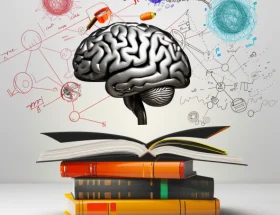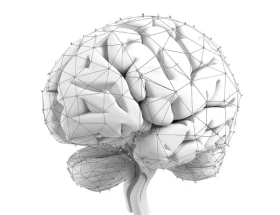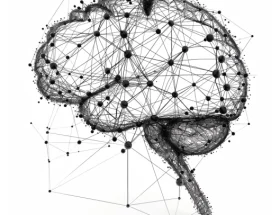Growth mindset theories suggest that students who believe their abilities can improve through effort tend to achieve better outcomes in academics. Sisk et al. (2018) conducted two meta-analyses to assess how growth mindsets correlate with academic success and whether interventions designed to foster growth mindsets are effective in improving student achievement.
Background
Growth mindset theories, popularized by Carol Dweck, emphasize the role of beliefs about intelligence in shaping learning behaviors and outcomes. While widely embraced in education, debates about the strength and consistency of these effects have prompted researchers to evaluate the theory through meta-analytic methods. The study by Sisk et al. addresses this need, providing a comprehensive review of the evidence.
Key Insights
- Correlation Between Growth Mindsets and Achievement: The first meta-analysis found a weak overall relationship between growth mindsets and academic achievement, indicating that the connection may not be as robust as previously thought.
- Effectiveness of Interventions: The second meta-analysis revealed that interventions aimed at fostering growth mindsets had a small but positive effect on academic outcomes, particularly for students in specific groups.
- Targeted Benefits for At-Risk Students: Students from low socioeconomic backgrounds or those considered academically at risk appeared to gain more significant benefits from growth mindset interventions, suggesting the need for targeted application.
Significance
Although the overall effects identified in the meta-analyses were modest, the findings underscore the potential for growth mindset interventions to support students facing academic challenges. This research highlights the importance of considering context, such as socioeconomic factors, when evaluating the impact of psychological and educational theories on student outcomes.
Future Directions
Further research is needed to identify the conditions under which growth mindset interventions are most effective. Exploring additional moderating factors, such as cultural contexts and classroom environments, could provide deeper insights. Moreover, designing interventions tailored to specific student populations may enhance their efficacy and address disparities in academic achievement.
Conclusion
The study by Sisk et al. (2018) contributes valuable insights into the nuanced role of growth mindsets in education. While the effects may not be universal or large, their targeted application for specific groups holds promise. Continued investigation into these interventions can help refine their use and expand their impact in diverse educational settings.
Reference
Sisk, V. F., Burgoyne, A. P., Sun, J., Butler, J. L., & Macnamara, B. N. (2018). To What Extent and Under Which Circumstances Are Growth Mind-Sets Important to Academic Achievement? Two Meta-Analyses. Psychological Science, 29(4), 549-571. https://doi.org/10.1177/0956797617739704










